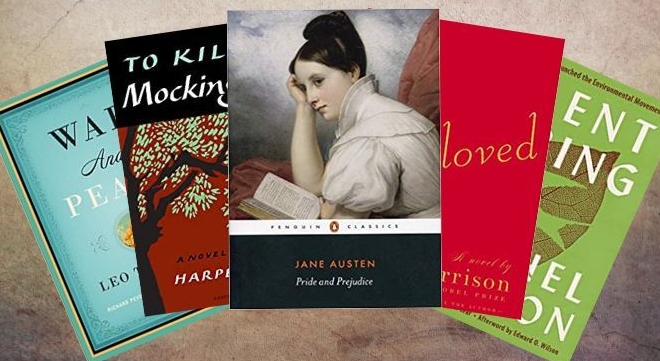The Classics: Exploring the Timeless Appeal of Famous Books
Classic literature has stood the test of time, captivating readers for generations. These timeless works of fiction have a unique ability to resonate with readers, regardless of the era in which they were written. What is it about these books that gives them such enduring appeal? Let’s take a closer look.
Perennial Themes and Relatable Characters
One of the key reasons why classic books continue to be popular is their exploration of universal themes such as love, betrayal, redemption, and the human experience. These themes speak to readers on a fundamental level, making the stories relevant and relatable, no matter when they were written.
Additionally, classic books often feature well-developed, three-dimensional characters that readers can identify with. Whether it’s the passionate and impulsive Elizabeth Bennet from Jane Austen’s “Pride and Prejudice” or the brooding and complex Jay Gatsby from F. Scott Fitzgerald’s “The Great Gatsby,” these characters stay with readers long after they’ve finished the book.
Timeless Language and Beautiful Prose
Classic literature is known for its eloquent and evocative language. Writers such as Charles Dickens, Leo Tolstoy, and Virginia Woolf have a way with words that is simply unmatched. Their prose is rich and lyrical, drawing readers into a vivid and immersive world that feels alive and vibrant.
Moreover, the beauty of classic language allows readers to savor each sentence, turning the act of reading into a truly pleasurable experience. The artistry of the writing, combined with the depth of the storytelling, creates a reading experience that is both intellectually stimulating and emotionally rewarding.
Cultural and Historical Significance
Many classic books are set against a backdrop of significant cultural and historical events, providing readers with a window into a different time and place. These books offer valuable insights into the social, political, and cultural attitudes of the era in which they were written, allowing readers to gain a deeper understanding of the world around them.
Furthermore, classic literature often tackles important issues such as inequality, injustice, and the struggle for freedom and equality. By exploring these themes, classic books encourage readers to reflect on their own beliefs and values, sparking important discussions and fostering a greater sense of empathy and understanding.
In conclusion, the enduring appeal of classic literature lies in its ability to transcend time and connect with readers on a profound level. From the universal themes and relatable characters to the timeless language and cultural significance, classic books continue to inspire and enrich the lives of readers around the world. So, the next time you’re looking for a book to read, consider picking up a classic – you might just discover a new favorite.
